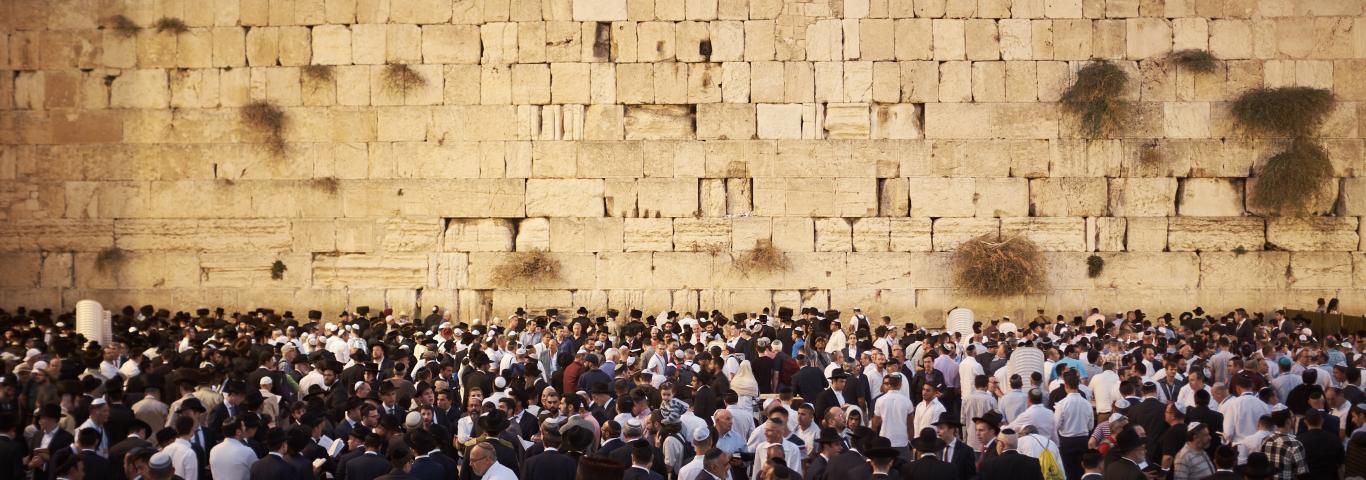About Religious Studies
We are a vibrant community of scholars and students exploring the deepest questions about human life through the lens of religion. One of the first religious studies programs established in the country, we continue to be an interdisciplinary center for the study of religion in the twenty-first century. Religious studies, as a discipline, brings together researchers from fields as diverse as anthropology, literary studies, history, political science, and archaeology. Our program gives students an opportunity to learn about the wide variety of religions while studying past and current events with a critical, but open, mind.
What do our majors and minors study?
Undergraduate students study a wide range topics through Religious Studies. Students explore religious movements and traditions in all their interdisciplinary complexity--often comparatively, sometimes thematically, and almost always in specific historical and cultural contexts. The curriculum covers diverse subjects including U.S. politics, the Middle East, atheism, the FBI, health, eastern philosophies, and more. The diversity of topics that can be studied through Religious Studies is among the most diverse on campus.
Whether you are interested in a specific religion like Islam, an aspect of religion like ritual, or want to understand how religion has shaped past and current events, religious studies is for you.





